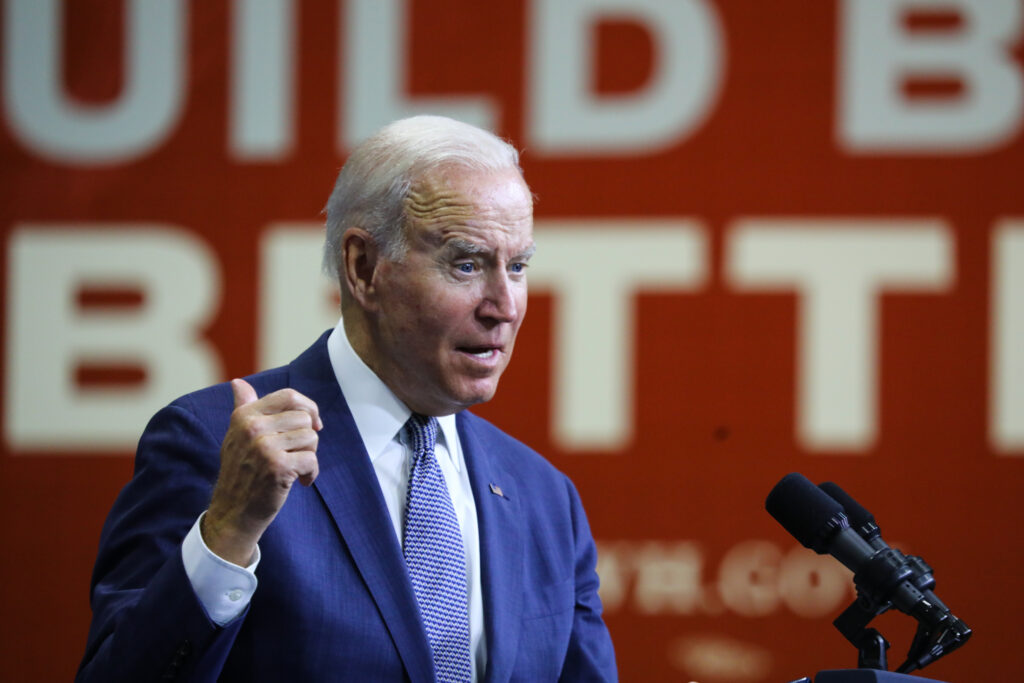Although the United States remains the world leader in medical innovation, a new study by PriceWaterhouseCoopers finds that lead has slipped and will continue to decline over the next decade.
PWC’s Medical Technology Innovation Scorecard, released January 18, cites the regulatory environment as part of the reason the United States is losing its innovation edge.
“In a recent survey of 50 life sciences companies … PWC found that respondents experienced frequent problems in gaining product approvals,” it notes.
The scorecard also reported “China, which has shown the strongest improvement in innovative capacity during the past five years, is expected to continue to outpace other countries and reach near parity with the developed nations of Europe by 2020.”
FDA Reform Demanded
In a prepared statement, Stephen Ubl, president and CEO of the Advanced Medical Technology Association, said this report should lead to reforms at the Food and Drug Administration (FDA) and “a wide-ranging dialogue about how America can maintain its competitive edge in medical technology innovation.”
“Part of that dialogue must focus on reform of the FDA review process, because, as the report notes, regulatory system issues are part of the reason the U.S. is in danger of losing its innovation advantage. Indeed, regulatory approval times in the U.S. now rank close to the bottom—seventh out of the nine competitor nations studied,” Ubl said.
Robert Higgs, a persistent critic of the FDA, says he isn’t surprised by the Scorecard’s conclusion. Higgs, a physician, edited the 1995 book Hazardous to Our Health? FDA Regulation of Health Care Products, which argued the agency “unnecessarily delays beneficial medicines and medical devices, many of which are routinely available in Europe, from being available to Americans.”
“The FDA’s regulations have always had the effect of slowing the rate of innovation in medical devices and of limiting the use of existing devices,” says Higgs.
Some Streamlining Scheduled
In a move which may improve the ability of U.S. companies to innovate, on January 19 the FDA announced a series of reforms to its 510(k) program, allowing a streamlined path for pre-market approval of some medical devices.
Among the changes made to the 510(k) program will be a streamlined process for “lower risk” medical products, more guidance given to industry regarding the clinical data that must be submitted to the FDA, and the establishment of an outside panel of experts to guide the FDA on the science of new medical technology. A new Center Science Council will be developed to ensure decision-making is science-based.
In a letter announcing the reforms, Jeffrey Shuren, director of the FDA’s Center for Devices and Radiological Health, cited U.S. competitiveness as a key reason for undertaking the measures: “to keep the United States the leader in medical device innovation, the U.S. government must be innovative as well.”
The reforms are scheduled to be completely implemented by December 31, 2011. However, the PWC scorecard noted these reforms may not help improve U.S. innovation: “The industry is concerned that additional 510(k) requirements calling for more extensive clinical or manufacturing data could drive up cost and lengthen time to market.”
FDA a ‘Monstrosity’
For some FDA critics, the planned reforms are far too modest.
“The public would benefit greatly if the FDA were eliminated completely,” said Higgs. “These so-called scientific experts have neither the expertise, the incentive, nor the moral right to tell people what products they may sell or how they must produce and market the ones they are permitted to sell.”
Higgs says the nation would be better off if the FDA did not exist at all.
“The FDA represents the most reprehensible form of paternalism, and it has resulted in at least hundreds of thousands of premature deaths and countless amounts of unnecessary pain and suffering,” Higgs said. “Only the public’s ignorance of how the agency actually operates and the political actions of special interests keep this monstrosity in operation.”
Marc Kilmer ([email protected]) is a senior fellow at the Maryland Public Policy Institute.
Internet Resources:
PriceWaterhouseCoopers Medical Technology Innovation Scorecard
http://www.pwc.com/us/en/health-industries/health-research-institute/innovation-scorecard



